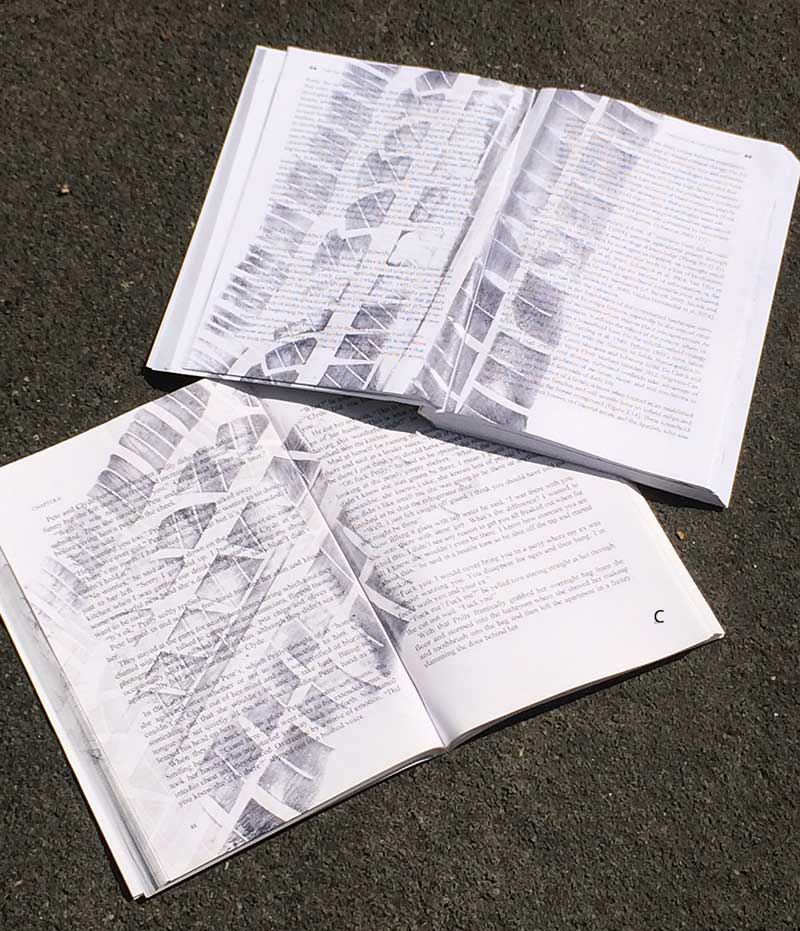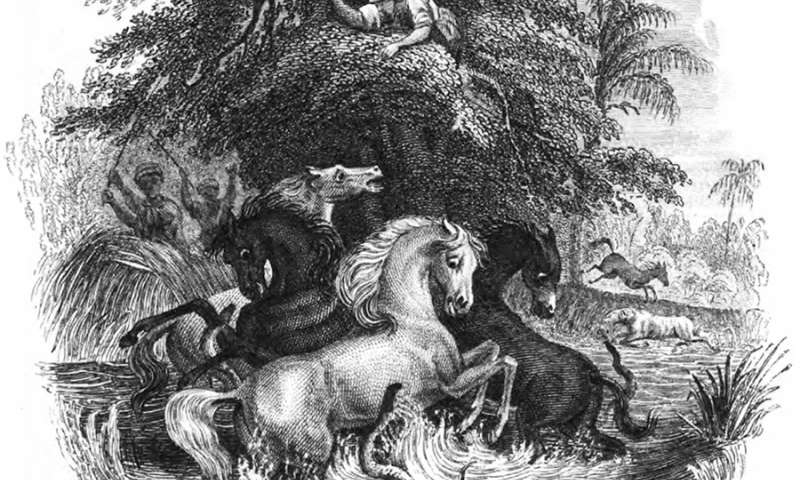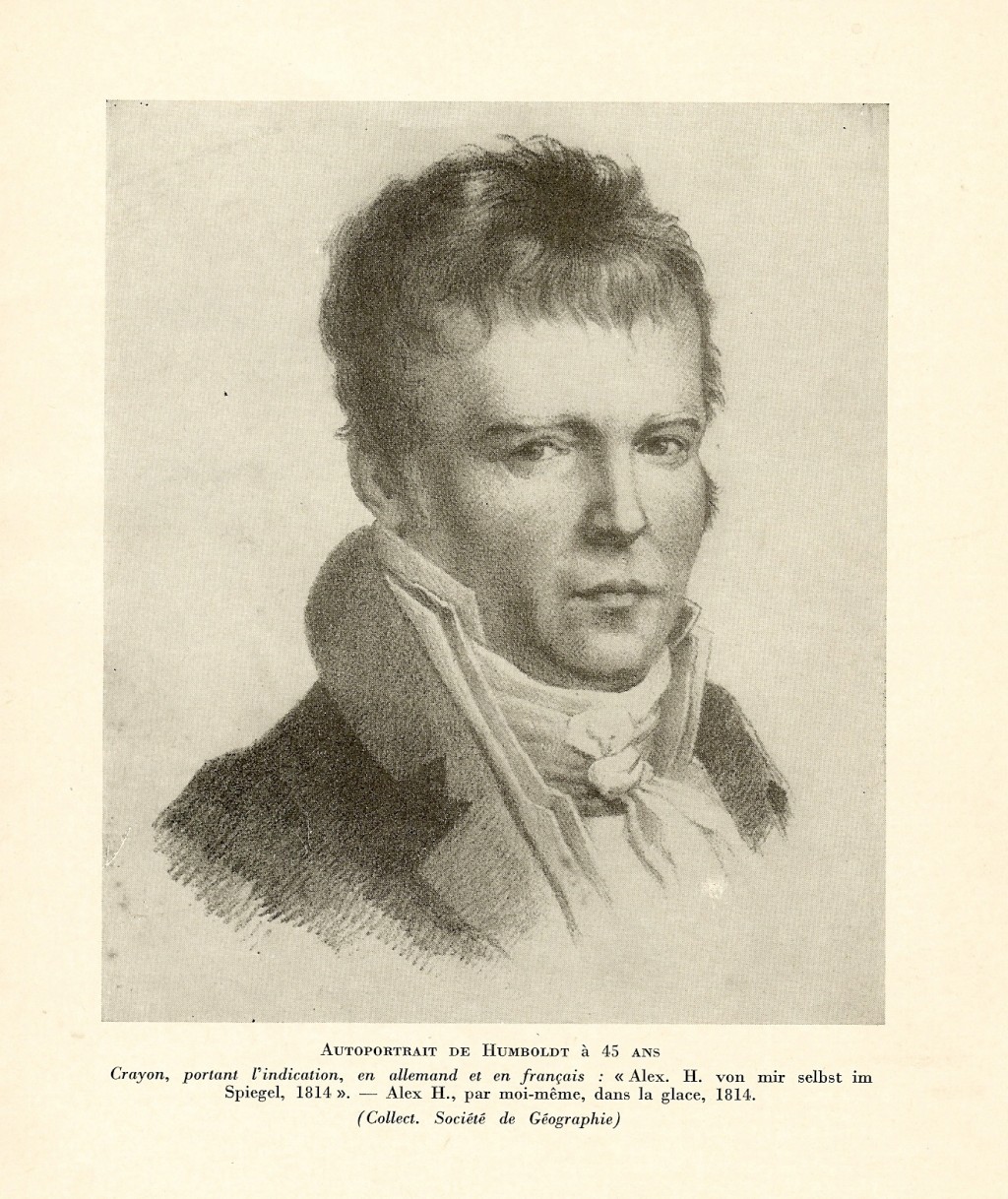


Mitch’s Blog
An Amazon Adventure
Tuesday, March 14, 2017
 Amazon adventures of the 19th century are legendary. I am reading a biography of Alexander von Humboldt, the German polymath, and his experiences traveling the tributaries of the Amazon and Orinoco Rivers in 1800. His journals refer to herds of 15-foot long crocodiles, endless boa constrictors drifting by their boat, unexpected encounters with vicious jaguars, and piercing screams of unknown creatures in the night.
Amazon adventures of the 19th century are legendary. I am reading a biography of Alexander von Humboldt, the German polymath, and his experiences traveling the tributaries of the Amazon and Orinoco Rivers in 1800. His journals refer to herds of 15-foot long crocodiles, endless boa constrictors drifting by their boat, unexpected encounters with vicious jaguars, and piercing screams of unknown creatures in the night.
Amazon adventures of the 21st century are somewhat different.
It began at Left Coast early in 2015 with the good news that an 800 page reference book had quickly sold out and required reprinting. A rushed order went to our regular printer and we daily checked the mounting back orders as we awaited the shipment in our warehouse behind the old Pullman factory on Chicago's South Side. It was taking way too long. A followup uncovered a monumental oops.The printer had accidentally shipped the copies we ordered to an Amazon warehouse in Tennessee, rather than Chicago.
The printer freely admitted their mistake and, failing to elicit a quick response from Amazon to redirect the shipment, grudgingly reprinted the hefty volume at their expense so we could ship copies  to waiting customers.
to waiting customers.
Why couldn’t they get Amazon to redirect the order, even when they were willing to pay for the extra shipping cost? An easy answer. There are no humans at Amazon, only androids. And, as the world’s largest book seller, even if there is an occasional human planted amid the humming machines, he doesn’t have time or interest to work on anything as small as a misplaced shipment of books.
Not much of a story, is it? And the victim here is the printer, who had a chunk of their quarterly profit swallowed up by a 15-foot crocodile. But the story has just begun.
 One day, a few months later, one of Amazon’s computers notified a robot on the second floor, Warehouse 3, that they had way too many copies of this book on the shelf and should return some to the publisher. The books finally made it to Chicago, but with it a claim for a refund for the purchase of those 200 books. No matter that they were books they hadn’t ordered or paid for, the automatons wanted their money back. And, being Amazon, they just withheld the credited amount from other money they owed us. We were out a good five figure sum.
One day, a few months later, one of Amazon’s computers notified a robot on the second floor, Warehouse 3, that they had way too many copies of this book on the shelf and should return some to the publisher. The books finally made it to Chicago, but with it a claim for a refund for the purchase of those 200 books. No matter that they were books they hadn’t ordered or paid for, the automatons wanted their money back. And, being Amazon, they just withheld the credited amount from other money they owed us. We were out a good five figure sum.
We can blame some of this on von Humboldt who, not too many years after Ben Franklin’s kite experiment, was busily testing the properties of electric eels discovered in a pond in Venezuela's Llanos grassland. His tests were shocking: running herds of horses into a pond filled with arcing fish, dissecting eels with metal implements, holding one in one hand and a piece of metal in the other, or grabbing them while standing in water. The biographer’s summary, “by the end of the day Humboldt and [his travel companion] Bonpland felt sick and feeble.”
It was partly his experiments with electricity that allowed for androids to populate Warehouse 3, second floor.
The process of getting Amazon to admit its error and correct it is long and tortured. Amazon is famous to its customers for superb service and infamous with its vendors for just the opposite. We were too small to have our own account at their Vendor Central and therefore had no direct access to anyone, human or digital, to lodge a complaint. Neither did our printer. Our distributor, U Chicago Press, while one of the world’s largest university presses and distributor for almost 100 other publishers had little luck, though they at least had an account to plead with the 1s and 0s inside the Tennessee fortress. Every response from the empire, when there were replies, came from a do-not-reply@amazon.com address. We were, though, assigned a Dispute ID: DSPT11813895391: 8693191A
So we waited.
And waited.
And waited.
In the interim, the seasons passed by, the drought accelerated in California, the book won a CHOICE Magazine Award, and we shared our victimization with the book’s editors, whom we could not pay royalties until we got paid. More seasons pass, Left Coast is sold, Mitch retires, and there is no longer an entity to accept payment if it was ever forthcoming. Followup emails every few months to Chicago elicited a variety of responses:
- I expect we will have resolution, it’s just going to take time and effort.
- We’re still working on it. Amazon gave us instructions that didn’t correctly pan out.
- Inching closer to resolution.
Then one day, fifteen months after the errant shipment is sent, there is an email from Chicago, forwarding a message from a bot:
Dear Vendor,
Following detailed investigation of our warehouse data, we have identified the receipts for the short paid ASIN (s). Hence, the short payment will be repaid, you will see it on your remittance in a few days.
Thank you,
Mark
"A few days" turned into a few months. More seasons pass. America goes politically bonkers. Cubs win the World Series. California gets soaked. Even when Mark the Android purportedly sent the money to our distributor, U Chicago Press put it aside for months as they tried to figure out how to pay a company that was no longer their client and, in fact, no longer existed.
But all’s well that ends well. Today, over two years later, a check arrived from U Chicago Press. Tomorrow, it goes in the bank and royalties go out to the volume editors.
Two years in the Amazon jungle. Even Humboldt only lasted four months there.
Referenced above: Andrea Wulf, The Invention of Nature: Alexander von Humboldt’s New World, Vintage, 2015. Wonder Boy cartoon . Von Humboldt drawings in the public domain.
© Scholarly Roadside Service
Back to Scholarly Roadkill Blog
Scholarly Roadside Service
ABOUT
Who We Are
What We Do
SERVICES
Help Getting Your Book Published
Help Getting Published in Journals
Help with Your Academic Writing
Help Scholarly Organizations Who Publish
Help Your Professional Development Through Workshops
Help Academic Organizations with Program Development
CLIENTS
List of Clients
What They Say About Us
RESOURCES
Online Help
Important Links
Fun Stuff About Academic Life


